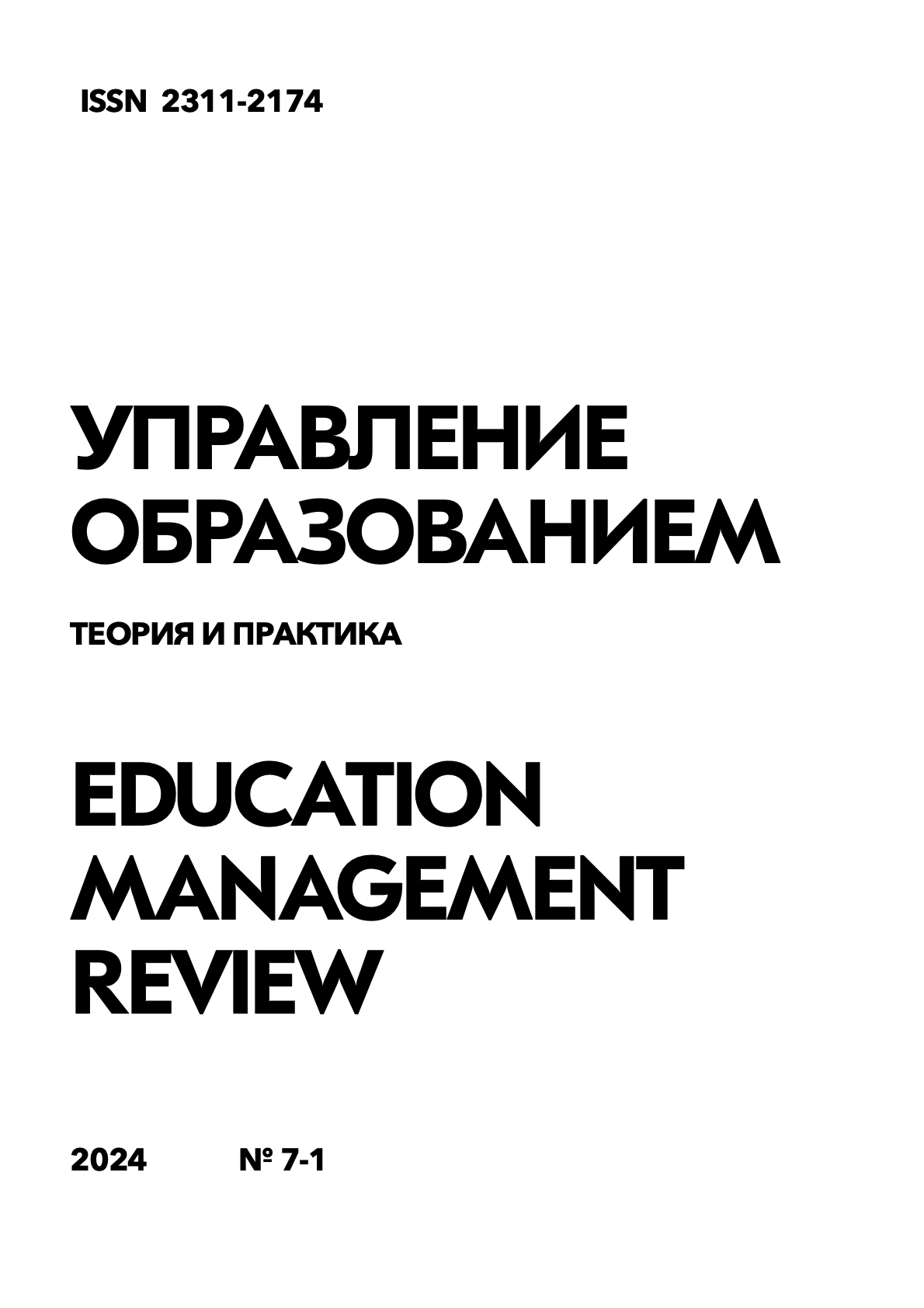The role of simulation technologies in the educational process to ensure technological safety at work
Keywords:
simulation technologies, educational process, technological safety, occupational safety, interactivity, pedagogical experiment, practice-oriented training.Abstract
This article is devoted to the study of the role of simulation technologies in the educational process to ensure technological safety at work. The relevance of the topic is due to the need to improve the effectiveness of training specialists in the field of occupational safety and industrial safety in conditions of dynamically changing technological processes. The purpose of the work is to identify the didactic potential and determine the optimal strategies for the introduction of simulation technologies into the practice of teaching technological safety. Tasks: 1) to systematize the world experience of using simulators in educational programs on occupational safety; 2) to experimentally test the author's model of simulation training on the basis of an industry training center; 3) to develop methodological recommendations for the design and implementation of simulation courses. The research methodology is complex, combining theoretical analysis, pedagogical modeling, experimental work and statistical processing of empirical data. The quantitative component is represented by a quasi-experimental plan with pre- and post-test measurements, the qualitative component is implemented through a series of focused interviews and analysis of educational products. As a result of the study, it was found that: 1) competent pedagogical implementation of simulation technologies improves the quality of technological safety training by 25-30%; 2) the effectiveness of simulation training critically depends on the realism of educational scenarios and the level of interactivity of the simulator; 3) the presented author's model can serve as a conceptual basis for scaling simulation technologies in the practice of engineering education. The discussion section of the article emphasizes the importance of the results obtained for the development of practice-oriented didactics of the higher technical school and the improvement of the occupational safety management system at enterprises. The prospects for further development of issues at the intersection of pedagogy, engineering psychology and IT design of educational environments are outlined.
References
Colombo S., Nazir S., Manca D. Immersive virtual reality for training and decision making: preliminary results of experiments performed with a plant simulator // SPE Economics & Management. 2014. № 6(04). рр. 198-210.
Crichton M. T. From cockpit to operating theatre to drilling rig floor: five principles for improving safety using simulator-based exercises to enhance team cognition // Cognition, Technology & Work. 2017. № 19(1). рр. 73-84.
Dalto J.D., Weir C., Thomas F. Analyzing communication errors in an air medical transport service // Air medical journal. 2013. № 32(3). рр. 129-137.
Di Pasquale V., Miranda S., Iannone R., Riemma S. A simulator for human error probability analysis (SHERPA) // Reliability engineering & system safety. 2015. № 139. рр. 17-32.
Flin R., O'Connor P., Crichton M. Safety at the sharp end: A guide to non-technical skills. Boca Raton: CRC Press, 2017. 324 р.
Kluge A., Nazir S., Manca D. Advanced applications in process control and training needs of field and control room operators // IIE Transactions on Occupational Ergonomics and Human Factors. 2014. № 2(3-4). рр. 121-136.
Lawson G., Shaw E., Roper T., Nilsson T., Bajorunaite L., Batool A. Immersive virtual worlds: multi-sensory virtual environments for health and safety training. 2019. arXiv preprint arXiv:1910.04697.
Manca D., Brambilla S., Colombo S. Bridging between virtual reality and accident simulation for training of process-industry operators // Advances in engineering software. 2013. № 55. рр. 1-9.
Nazir S., Colombo S., Manca D. Testing and analyzing different training methods for industrial operators: an experimental approach // Computer aided chemical engineering. 2014. № 32. рр. 667-672.
Vassiliou M.S., Goh J.X. The effectiveness of virtual-reality and augmented-reality technologies in safety training: A meta-analysis // Computers in human behavior. 2021. № 126. рр.106-978.
Downloads
Published
How to Cite
Issue
Section
License

This work is licensed under a Creative Commons Attribution-NonCommercial-NoDerivatives 4.0 International License.




